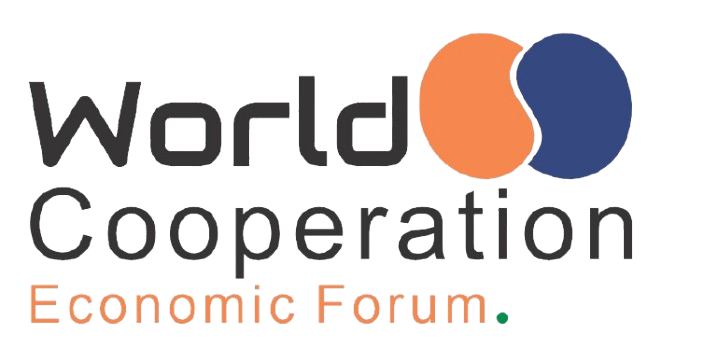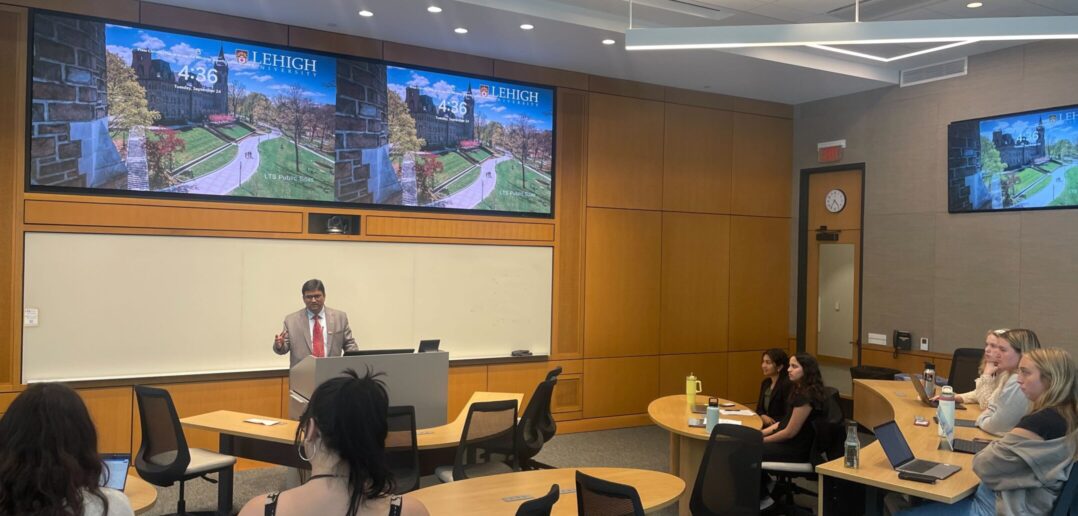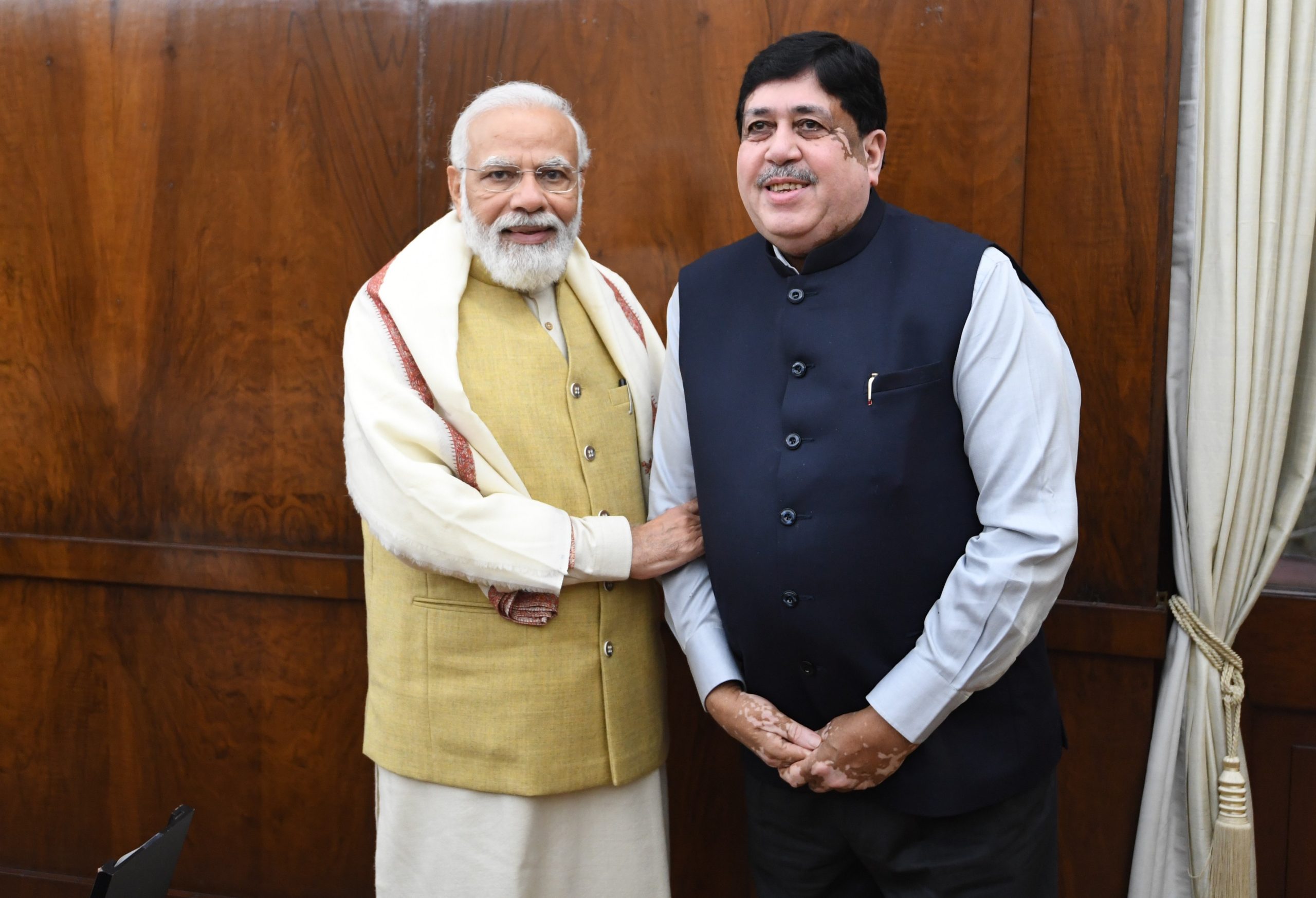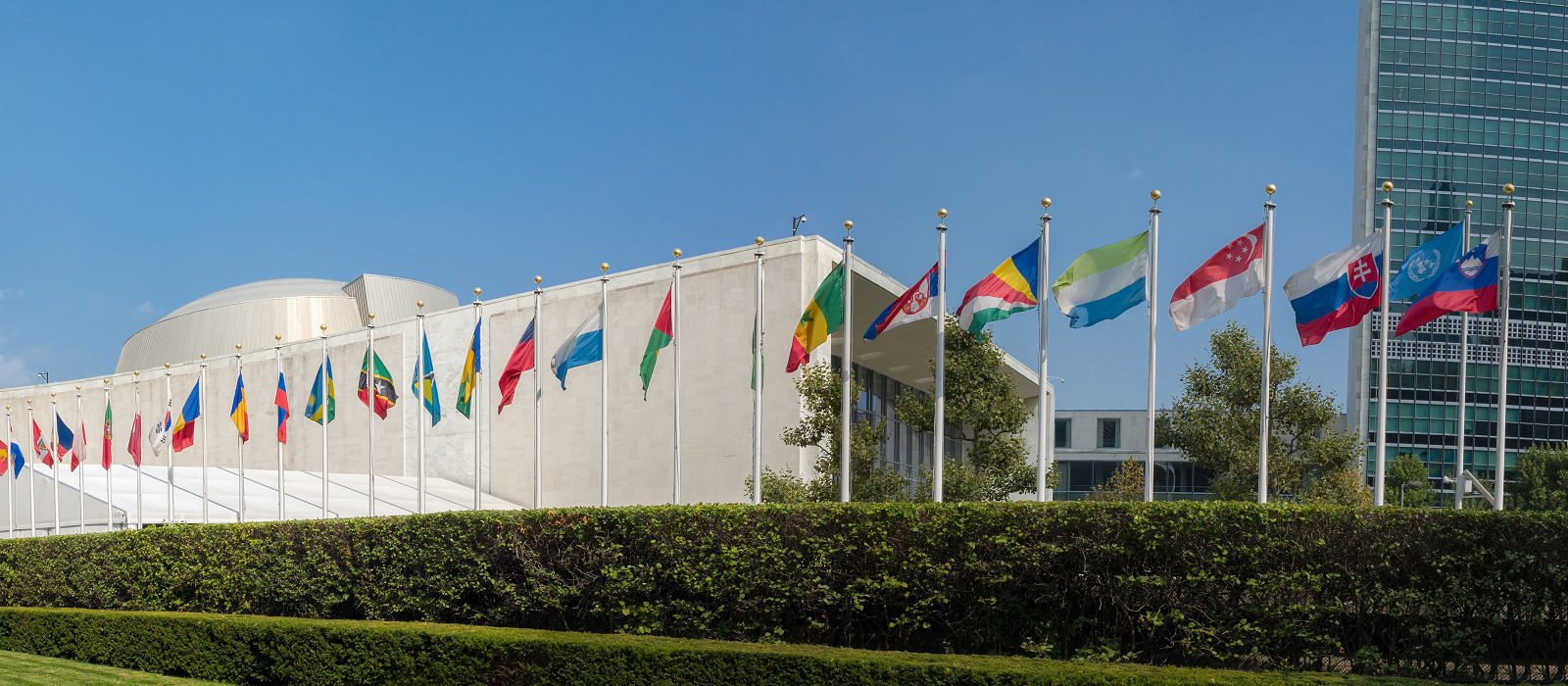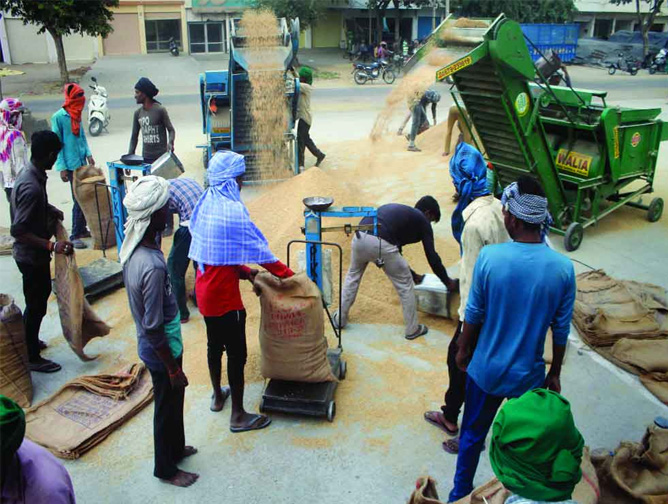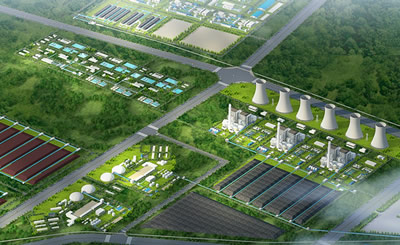Global NGO leader at Lehigh: “Challenge Yourself, Win Over Yourself” for a sustainable future
Written by Colin McEvoy | October 2, 2024 | SHARE Facebook Icon Twitter Icon Email Icon Binod Anand, Secretary-General of the Confederation of NGOs of Rural India (CNRI), spoke to Lehigh University students in an event organized as part of the LU/UN Partnership’s 20th anniversary The Secretary-General of the Confederation of NGOs of Rural India (CNRI), which represents more than 7,100 non-governmental organizations across the country, spoke with Lehigh students last week about sustainable development, STEM education, and strategies for creating practical innovations and sustainable business models. Binod Anand spoke on behalf of CNRI, the largest confederation of NGOs in
Cooperative Economic Framework Key to Global Trust and Rural Development, Says Binod Anand
Binod Anand, Secretary General of the Confederation of NGOs of Rural India, advocated for a Cooperative Economic Framework to reduce trust deficit and boost rural development globally at a United Nations conference. He suggested creating cooperative commodity exchanges and free trade zones to meet Sustainable Development Goals (SDGs) effectively. At a United Nations conference on Financing for Sustainable Development in Addis Ababa, Binod Anand, Secretary General of the Confederation of NGOs of Rural India, promoted the Cooperative Economic Framework as a means to reduce global trust deficit and streamline rural development. Anand emphasized the
Binod Anand delivers keynote address about STEM youth engagement
Binod Anand delivers keynote address about STEM youth engagement By Jacob Brown and Caitlyn Hall — ; Published September 24, 2024, 7:28 pm ; updated September 25, 2024, 9:56 pm News, Top Stories Binod Anand, secretary general of the Confederation of NGOs of Rural India, gave a keynote address to students in the Business Innovation Building on Tuesday evening. The event was organized as part of the 20th anniversary celebration of the Lehigh University/United Nations Partnership. Anand co-founded the Centre for Agricultural Transformation, a nonprofit organization dedicated to policy formulation and sustainability through research and innovation. He discussed the
With PM Modi Prime Minister of India
देश के सर्वाधिक लोकप्रिय @PMOIndia श्री @narendramodi जी से शिष्टाचार भेट की. मुलाकात के दौरान निर्मित नैनो यूरिया उत्पाद के बारे में बात की, जो किसानों के विकास में क्रांतिकारी साबित होगा व् इससे किसानों की आय दोगुना करने का लक्ष्य पूरा होने की दिशा में प्रगति होगी.
United Nations and Cooperatives: Alignment with Global Goals
The United Nations (UN) has long recognized the critical role of cooperatives in achieving sustainable development goals (SDGs). By 2025, the relationship between the UN and cooperatives is expected to deepen, leveraging their potential to address global challenges such as poverty, inequality, and climate change. United Nations and Cooperatives: Alignment with Global Goals 1. Sustainable Development Goals (SDGs): Cooperatives directly contribute to multiple SDGs, including: No Poverty (SDG 1): By empowering small-scale producers and ensuring fair distribution of wealth. Decent Work and Economic Growth (SDG 8): Through job creation and promoting worker-owned enterprises. Reduced Inequalities (SDG 10): By fostering
Achievements of the Co-operative Sector in India
Achievements of the Co-operative Sector in India The cooperative sector in India has played a significant role in fostering economic development, social empowerment, and equitable wealth distribution. Rooted in the principles of mutual aid and collective ownership, cooperatives have successfully addressed challenges in agriculture, rural development, and financial inclusion. Key Achievements of the Cooperative Sector in India 1. Agricultural Transformation Green Revolution Support: Cooperatives have been instrumental in distributing seeds, fertilizers, and agricultural inputs to farmers, particularly smallholders, during the Green Revolution. Procurement and Marketing: Organizations like NAFED (National Agricultural Cooperative Marketing Federation) ensure fair prices for farmers' produce
Rain pours misery on standing crops
Tuesday, 11 October 2022 | Rajesh Kumar | New Delhi At a time when India is staring at a likely food grain shortage due to less sowing of kharif crops, especially paddy, unexpected rainfall in several States has damaged ready-for-harvesting crops such as rice, soya bean, cotton, pulses, and vegetables. This could further stoke inflation in the fifth largest economy in the world. It is expected that 15 to 20 per cent summer sown crops could be damaged due to unseasonal rain. The India Meteorological Department (IMD) data showed that India received 57.3 mm rainfall as against the normal
NCUI President Shri Dileep Sanghani addressing…
NCUI President Shri Dileep Sanghani addressing during the soft launch of International Year of Cooperatives 2025 at United Nations HQ in New York on 9th July 2024.
Cooperative Commodities Exchange Platform (Co-op Exchange): Redefining Market Access
Cooperative Commodities Exchange Platform (Co-op Exchange): Redefining Market Access The Cooperative Commodities Exchange Platform (Co-op Exchange) is an innovative marketplace designed to empower cooperative organizations, small-scale producers, and marginalized communities by providing equitable access to global and regional markets. Unlike traditional commodities exchanges, this platform emphasizes transparency, fair pricing, and sustainable practices, ensuring that producers and consumers alike benefit from trade. Key Objectives of the Co-op Exchange: 1. Fair Pricing Mechanisms: Ensures that producers receive fair compensation by minimizing middlemen and leveraging transparent price-setting systems. Prices reflect not just market demand but also production costs and ethical standards. 2.
About coop eco zone Cooperative Economic Zone (Co-op Eco Zone): A New SEZ Model for Inclusive Growth
About coop eco zone Cooperative Economic Zone (Co-op Eco Zone): A New SEZ Model for Inclusive Growth A Cooperative Economic Zone (Co-op Eco Zone) is a progressive adaptation of the Special Economic Zone (SEZ) model, designed to foster inclusive and sustainable economic development. Unlike traditional SEZs, which primarily emphasize profit-driven investment and export-oriented activities, Co-op Eco Zones prioritize community ownership, equitable wealth distribution, and environmental sustainability. Key Features of a Co-op Eco Zone: 1. Community Ownership: Businesses and industries in the zone operate as cooperatives or follow cooperative principles. Local communities hold significant ownership stakes, ensuring they benefit directly
